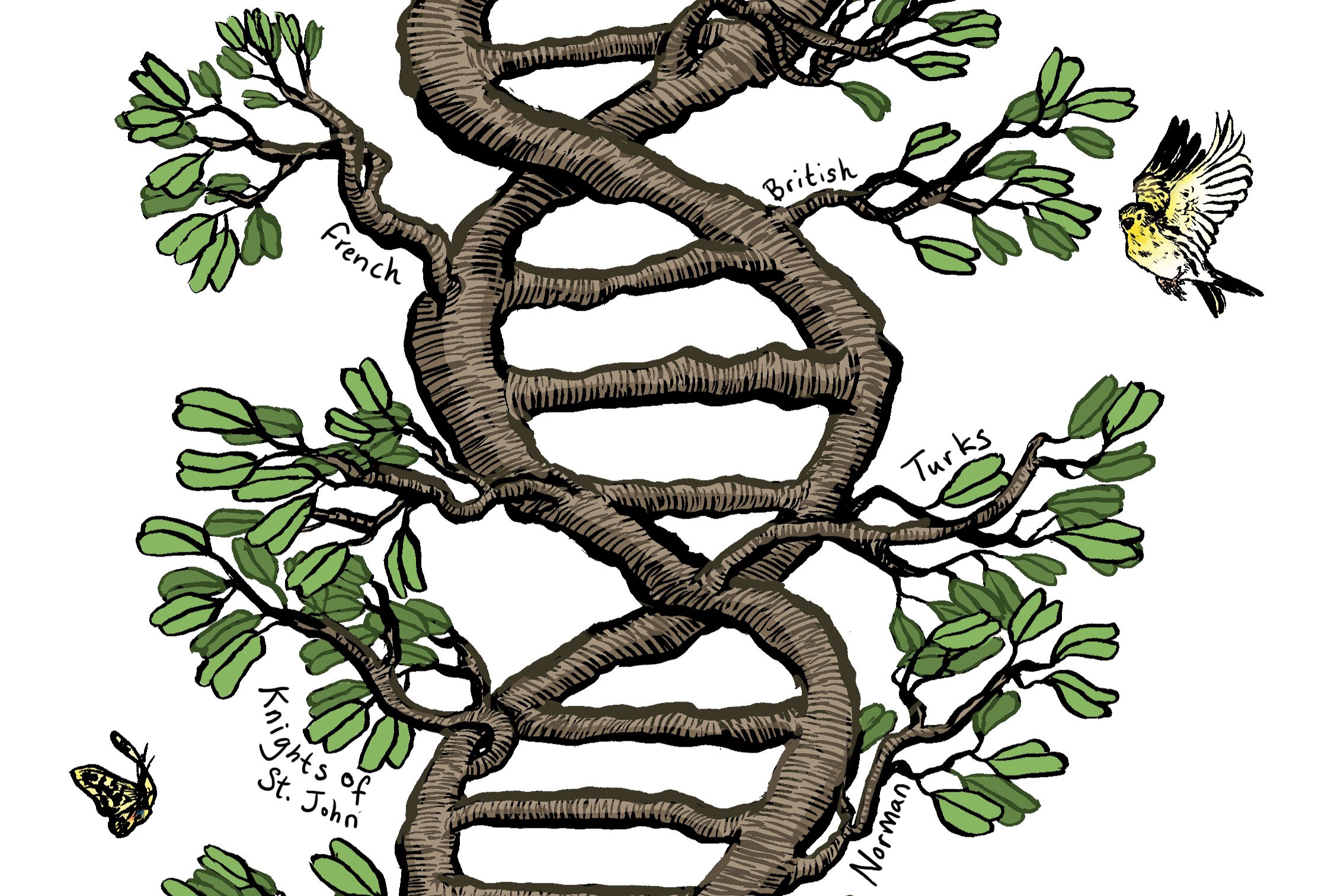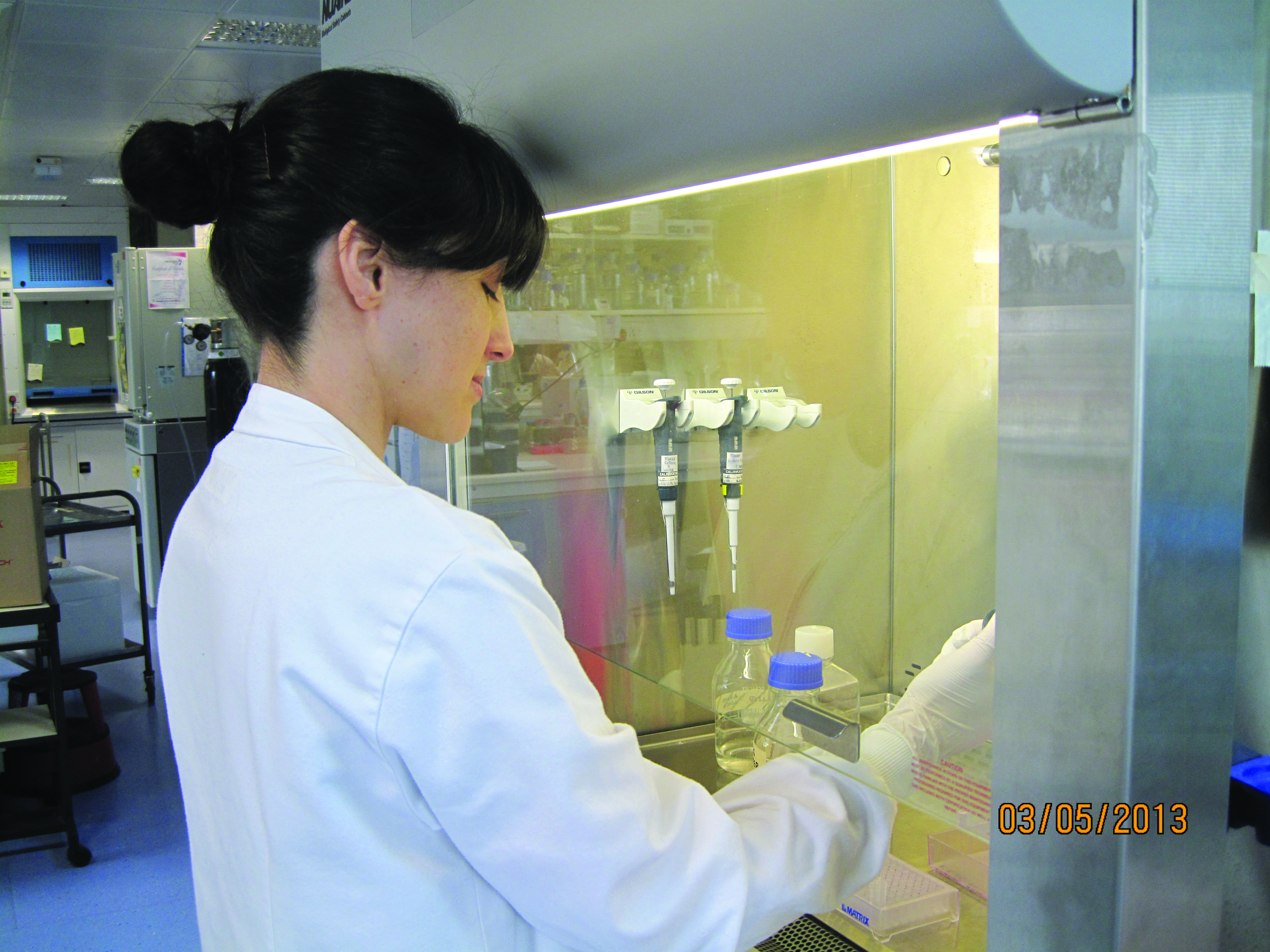Developing new cancer treatments
The lab is my second home, with the rugby pitch a close third. My fascination with lab work and science started when I visited Tays Hospital in Finland. It was during my bachelor degree in Medical Laboratory Science. This three-month placement helped me choose cytogenetics for my final year project. My work involved developing a technique to allow for doctors to better manage sporadic and recurrent miscarriage patients.
My interest in cytogenetics (the study of chromosomes where genes are found) evolved to genetics, when I started working at the biotech company MLS BioDNA Ltd. This laboratory focused on the testing of inherited diseases, paternity and forensics, as well as food and water microbiology. Working in a diagnostic laboratory was very satisfying but I had always wanted to pursue research. So I moved to Sheffield to read for a Masters in Molecular Medicine, with the help of the Malta Government Scholarship Postgraduate Scheme (MGSS). My intention was to just stay for the course and return home, however, my current supervisor offered me a 10-month contract to work in a molecular microbiology lab. This was a very pleasant experience, and encouraged me to pursue a Ph.D. I received a scholarship for a Ph.D. in Immunology at the University of Sheffield, which I am currently working on.
Vaccines can prevent certain infectious diseases. Potentially, they can also treat cancer. Vaccines today are based on small proteins, which by themselves do not elicit a strong immune response. To treat cancer a strong response is needed. Immunological adjuvants that amplify the immune response are used to accomplish this. However, no one really understands how these adjuvants work. For my Ph.D., I am part of a research group that focuses on an immunological adjuvant which increases the immune response by over 1,000 times. Understanding how these adjuvants work will pave the way to more targeted treatments and fewer side effects.
My job is to understand which immune cells are responsible for this effect. The adjuvant has been shown pre-clinically to be effective in B cell lymphoma, a type of cancer of the blood that originates in the lymph glands. Patients are currently treated with the drug Rituximab which depletes certain immune cells called B cells. If our treatment requires other immune cells to work, it can be used in addition to therapies such as Rituximab.
Although a Ph.D. is something which I really wanted to do, it was still a shock to my system. Scientific research can be very frustrating as long hours and hard work do not necessarily translate into results. In spite of this, the long-term goal of this project keeps me going making the sweat and tears worth it.


